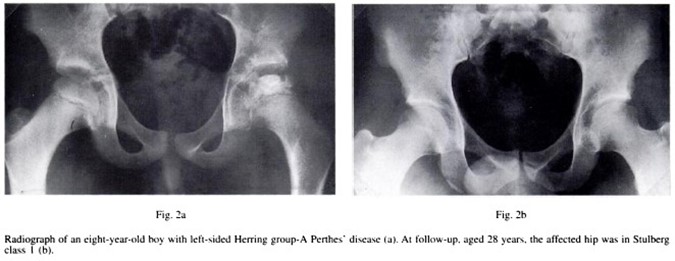A nurse is caring for a 2-week-old infant whose mother requests additional information about sudden infant death syndrome (SIDS).
Which of the following responses should the nurse make?
"SIDS is directly correlated to diphtheria, tetanus, and pertussis vaccines.".
"SIDS rates have been rising over the last 10 years.".
"Sleep apnea is the main cause of SIDS.".
"You should place your baby on her back when sleeping to decrease the risk of SIDS.".
The Correct Answer is D
“You should place your baby on her back when sleeping to decrease the risk of SIDS.” According to Mayo Clinic, placing a baby on their back to sleep is one of the most important measures that can be taken to help protect a child from SIDS1.
Choice A is incorrect because there is no evidence that SIDS is directly correlated to diphtheria, tetanus, and pertussis vaccines.
Choice B is incorrect because SIDS rates have actually decreased dramatically since the American Academy of Pediatrics issued its safe sleep recommendations in 19922.
Choice C is incorrect because while sleep apnea may contribute to breathing problems, it is not considered the main cause of SIDS1.
Nursing Test Bank
Naxlex Comprehensive Predictor Exams
Related Questions
Correct Answer is C
Explanation
The proof of pregnancy is in the pregnancy test.
A positive office pregnancy test would confirm the pregnancy.

Choice A, Chadwick’s sign, is not correct because it is not a definitive sign of pregnancy.
Choice B, Hegar’s sign, is also not correct because it is not a definitive sign of pregnancy.
Choice D, Fetal movement felt by the examiner, is not correct because it is not a definitive sign of pregnancy.
Correct Answer is B
Explanation
Radiographs are vital to the diagnosis of Legg-Calve-Perthes disease.
Initial X-rays might look normal because it can take one to two months after symptoms begin for the changes associated with Legg-Calve-Perthes disease to become evident on X-rays.
The doctor will likely recommend several X-rays over time, to track the progression of the disease.

Bone biopsy is not a diagnostic procedure for Legg-Calve-Perthes disease.
MRI can visualize bone damage caused by Legg-Calve-Perthes disease more clearly than X-rays can but are not always necessary.
Genetic testing is not a diagnostic procedure for Legg-Calve-Perthes disease.
Whether you are a student looking to ace your exams or a practicing nurse seeking to enhance your expertise , our nursing education contents will empower you with the confidence and competence to make a difference in the lives of patients and become a respected leader in the healthcare field.
Visit Naxlex, invest in your future and unlock endless possibilities with our unparalleled nursing education contents today
Report Wrong Answer on the Current Question
Do you disagree with the answer? If yes, what is your expected answer? Explain.
Kindly be descriptive with the issue you are facing.
